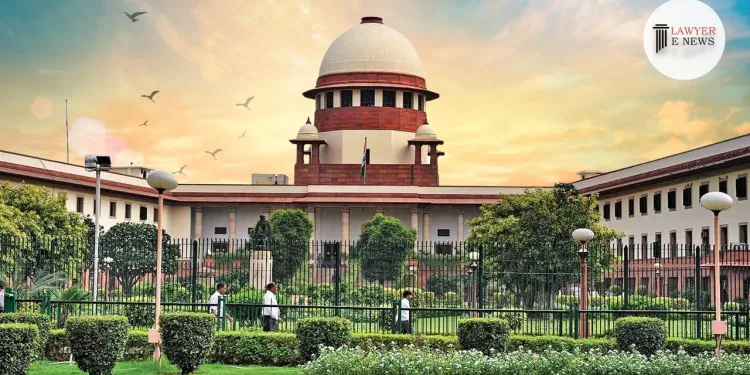Granting Limited Duration Bail Illegal When Accused Entitled to Regular Bail: Supreme Court

In a significant ruling that clarifies the legal stance on bail duration, the Supreme Court today decreed that granting bail for a limited period is illegal when an accused is found entitled to regular bail. This landmark judgment, delivered by Justices Abhay S. Oka and Pankaj Mithal, addressed the appeal of Manoranjan Rout against the State of Odisha.
The apex court observed, “When a Court concludes that the accused is entitled to be enlarged on bail pending trial, granting bail only for a limited duration is illegal.” This statement came in response to the High Court’s earlier decision to grant interim bail for 45 days to Rout, who has been in custody since April 9, 2021, for offenses under the Narcotic Drugs and Psychotropic Substances Act, 1985.
The Supreme Court criticized the High Court for its contradictory approach, noting that this was not an isolated incident but rather a part of a trend where the High Court, after finding an accused entitled to bail, chose to grant either interim bail or bail for a short duration. The Court emphasized that such practices not only violate the right to liberty under Article 21 of the Constitution of India but also place an undue burden on litigants, compelling them to file fresh bail applications for extensions.
In its ruling, the Supreme Court modified the High Court’s order, directing that Manoranjan Rout be enlarged on bail until the final disposal of his case, under the same terms and conditions mentioned in the impugned order.
Date: November 29, 2023
MANORANJAN ROUT VS STATE OF ODISHA






